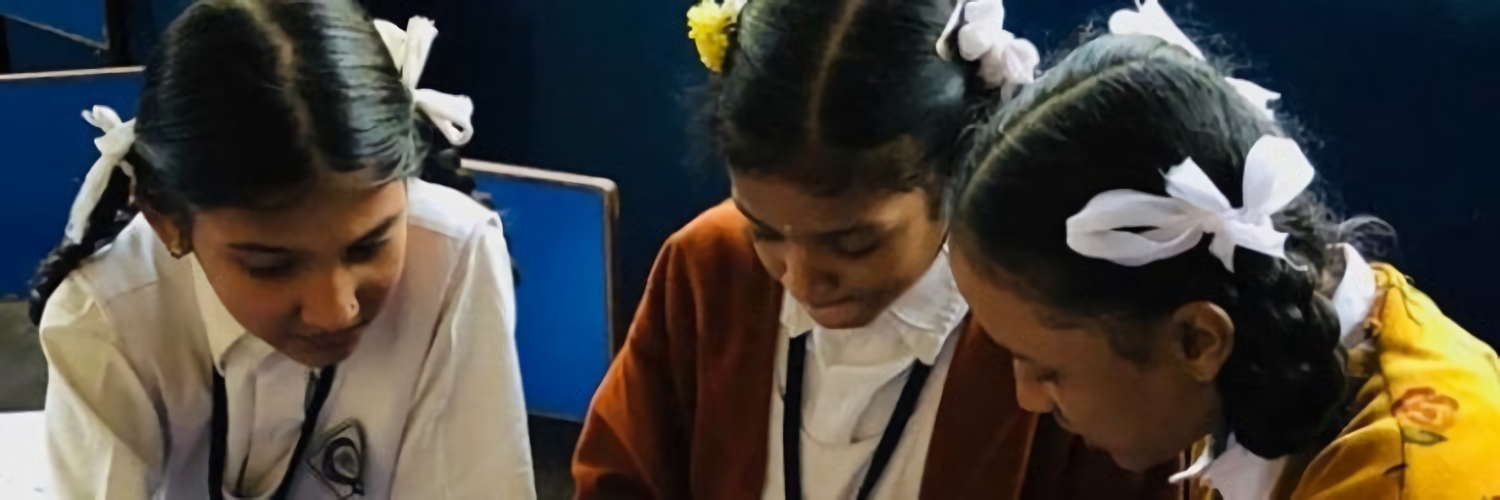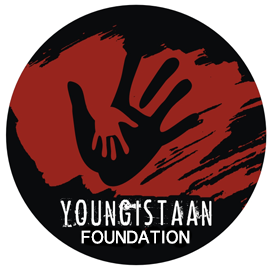
BACKGROUND
The Bright Spark Education Program is our answer to the burning question: what is being done to improve students’ learning levels? Even though India has acquired near-universal school enrollment at the primary school level, we are amidst a learning crisis with dismally low learning outcomes and the danger of more and more students leaving formal schooling altogether.
As per ASER 2018, “By Std. VIII, the last year of compulsory schooling in India, children are expected not only to have mastered foundational skills but to have proceeded well beyond the basic stage. ASER 2018 data indicates that of all children enrolled in Std. VIII in India, about 73% can read at least a Std. II level text. This number is unchanged from 2016.”
Learning achievement levels are still woefully inadequate. Students learn less and struggle more as they progress to higher grades. Even after spending so many years in the formal schooling set up, students are unequipped for higher education or a demanding job market.
Where lies the gap? A mere focus on input-based measures such as school infrastructure, textbooks, mid-day meals, and hiring more teachers is not yielding results. For an equitable education, we must also provide our children with high-quality learning opportunities that will come from establishing scientifically-backed pedagogies, developmentally-appropriate curricula and instructional routines, progressive school leadership, and authentic teacher professional development led by teachers themselves!
BRIGHT SPARK PROGRAM
Where and how does Youngistaan Foundation hope to make a real difference? By addressing the opportunity gap that holds back children’s potential and their bright futures. By creating equitable learning environments that offer high-quality curriculum, relevant pedagogies, and caring educators.
We support primary grade students’ educational experiences by focusing on building essential foundational literacy, numeracy, and socio-emotional skills so that they are positively invested in their own learning now and in the future.
Based on the social pedagogy principles of ‘genuine care, dignity, and mutual respect’, Bright Spark looks to nurture both the academic and affective needs of underserved and undervalued learners.
The NEP (National Education Policy) 2020 clearly states:
“The highest priority of the education system will be to achieve universal foundational literacy and numeracy in primary school by 2025. The rest of this Policy will become relevant for our students only if this most basic learning requirement (i.e., reading, writing, and arithmetic at the foundational level) is first achieved.”
We stand with students at the start line so that they finish successfully!
- Foundational Learning
- Research-backed & developmentally appropriate curricula
- Resources meaningful & relevant to learners’ socio-cultural realities
- Mindful of the bi/multilingual context of students most of whom are first-generation learners
- Strengthening student motivation & self-efficacy
- Capacity-building of volunteer-mentors and teachers
- Promoting teacher agency
OUR VISION
Imagine a safe learning space where children speak their minds, ask uncomfortable questions, and adults listen with open hearts.
Imagine a noisy classroom where children are learning in culturally-relevant and meaningful ways.
Imagine every child whole-heartedly invested in their own learning journey.
We hope to build up young learners with strong learning foundations (functional literacy and numeracy) and positive learning mindsets (social-emotional learning) so that they can cultivate the courage & character to question, reflect, & think for themselves and be able to participate in and make better sense of a world that is as interconnected as it is divided.
This is our vision for students everywhere!
OUR MISSION
- Build authentic and culturally-responsive relationships of trust between children and mentor through mutual respect and open dialogue.
- Spark curiosity and excitement in the learner through creative and age-appropriate curriculum and meaningful engagement.
- Understand the emotional needs of each child, appreciate their strengths, and work towards bridging gaps in their social and emotional competencies.
- Understand that children come to us with varying learning levels and, therefore, embed differentiation in the teaching-learning process.
- Encourage sustained engagement within schools and communities through the year to create positive attitudes towards life-long student and teacher learning.
OUR PROGRAM OBJECTIVES
- Build and strengthen children’s foundational language and literacy skills (oral language development, reading, comprehension, and writing) so they can transition smoothly from learning to read to reading to learn. This in turn will ensure authentic learning across subjects as students move to higher grades.
- Build foundational skills in numeracy and logical reasoning so that our young learners can understand and apply relevant concepts in their everyday lives.
ANNUAL CARNIVALS
We hold Annual Carnivals at the end of each year for children from underprivileged communities who are a part of our Bright Spark education program. The carnivals are a time to celebrate the social-emotional skills and positive learning attitudes which they display throughout the year. Furthermore, by awarding the children with medals and certificates, we aim to make the children proud of their accomplishments through activities that are conducted in a fun and light-hearted manner.
If you would like to have a glimpse of our annual carnivals, click HERE!
OUR IMPACT
- Supported 300+ primary and secondary grade students in building their foundational learning skills and worked with them consistently since 2014
GET INVOLVED
If you would like to volunteer with us, you can:
- join our team and step into classrooms to transform the lives of students
- donate educational materials for students to use in classrooms
KEY FACTS
- There are 6 million out-of-school children in India – UNICEF
- 29% of enrolled students in India dropout of school before completing elementary education – UNICEF
FURTHER READING
Education in India | UNICEF
Youngistaan Foundation Program Brochure




